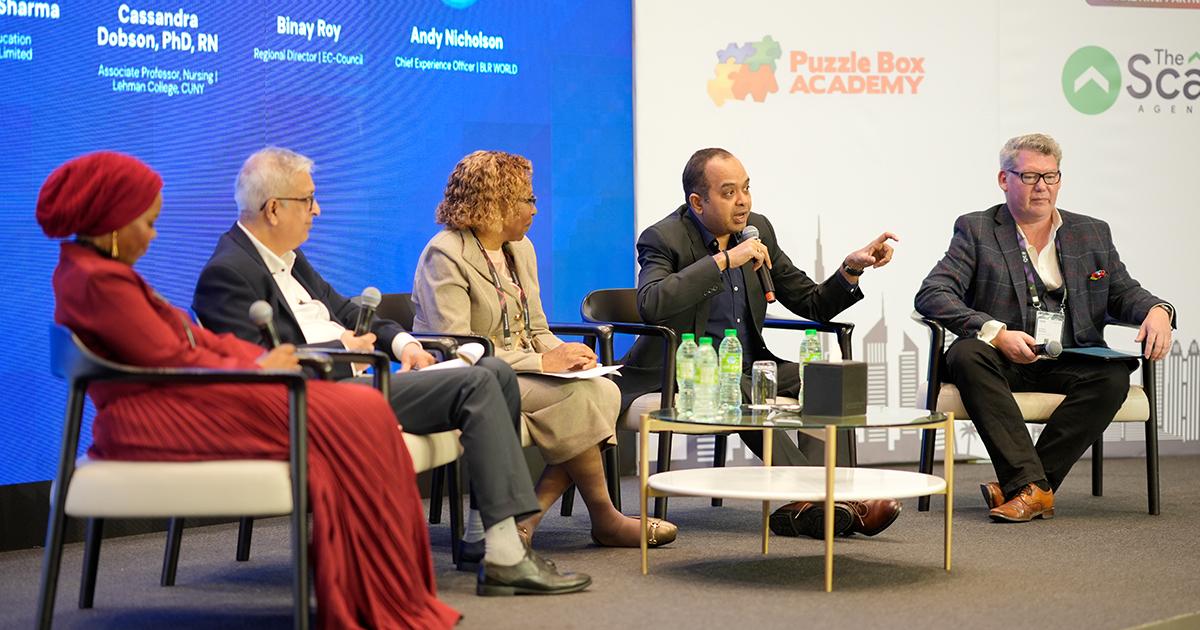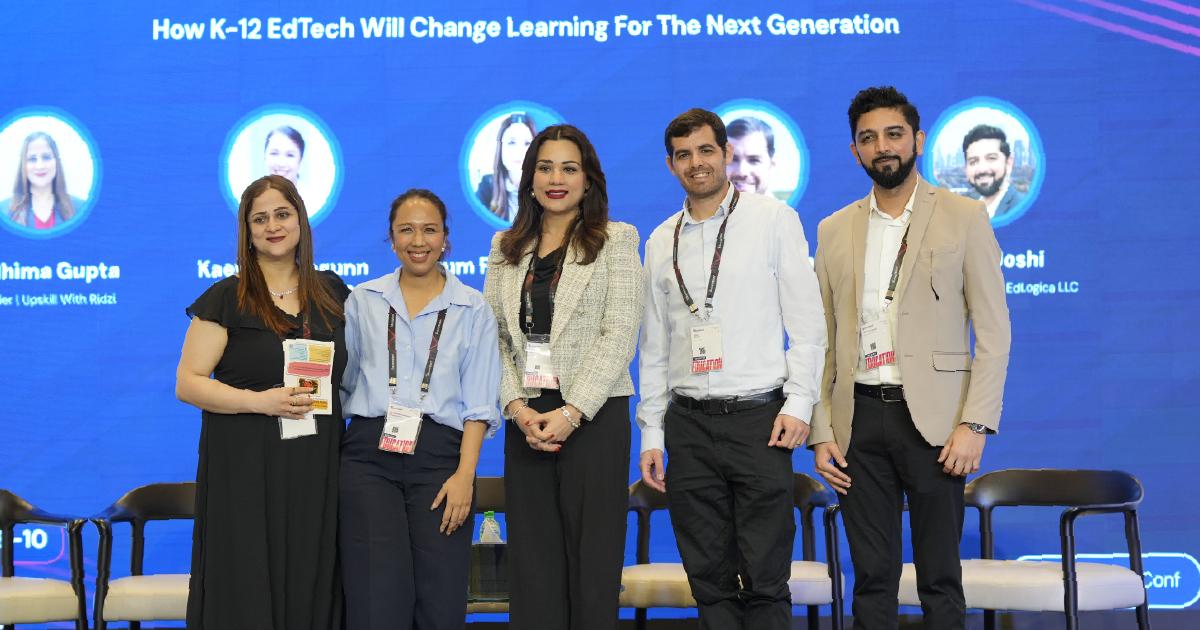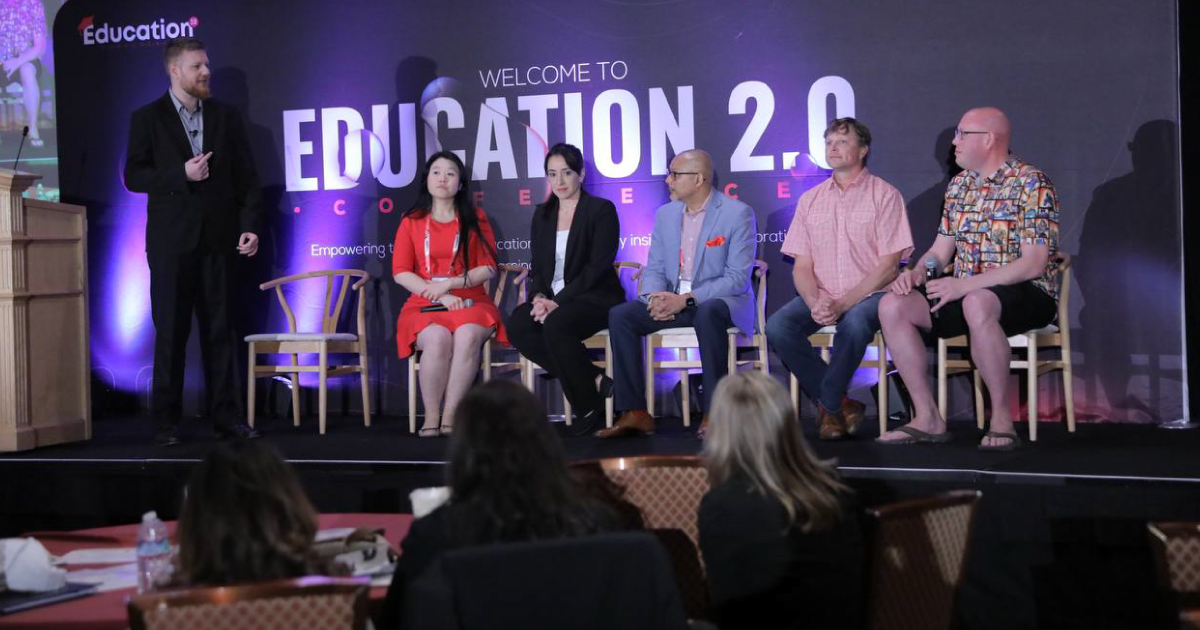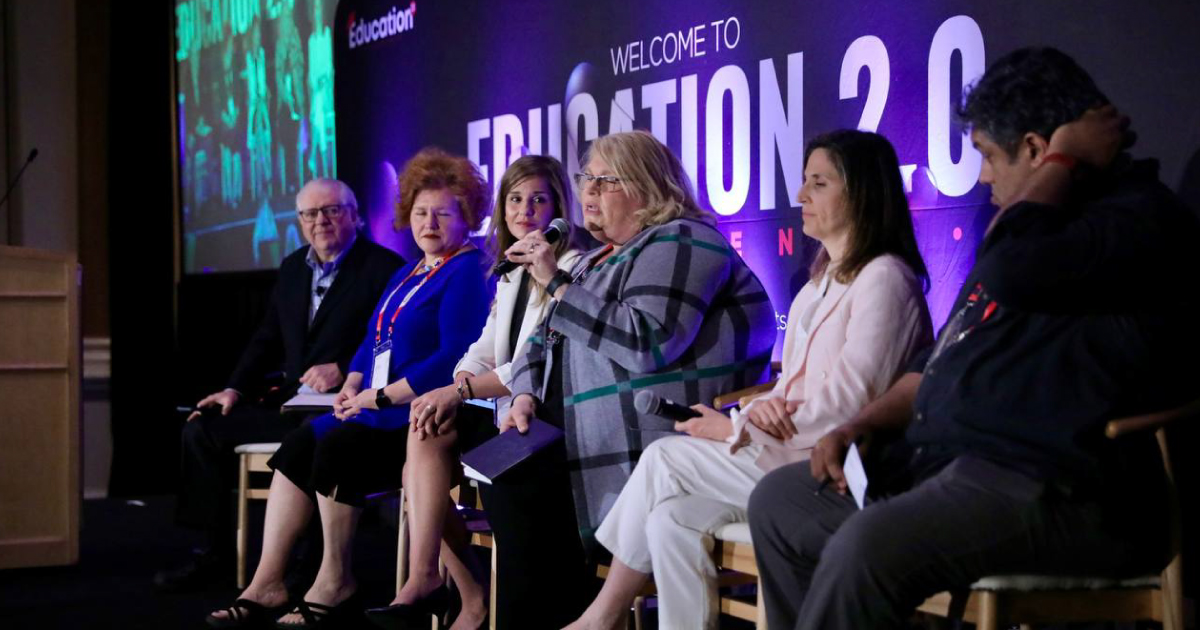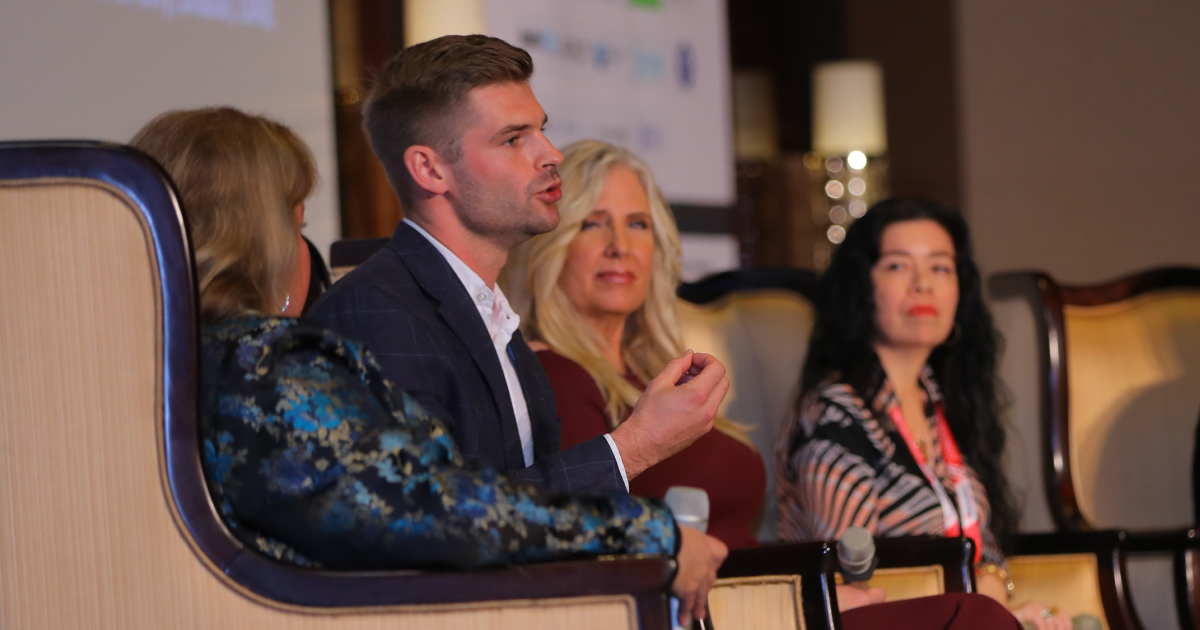
Is Inclusive Education The New Pin?
Posted on : January 20, 2022
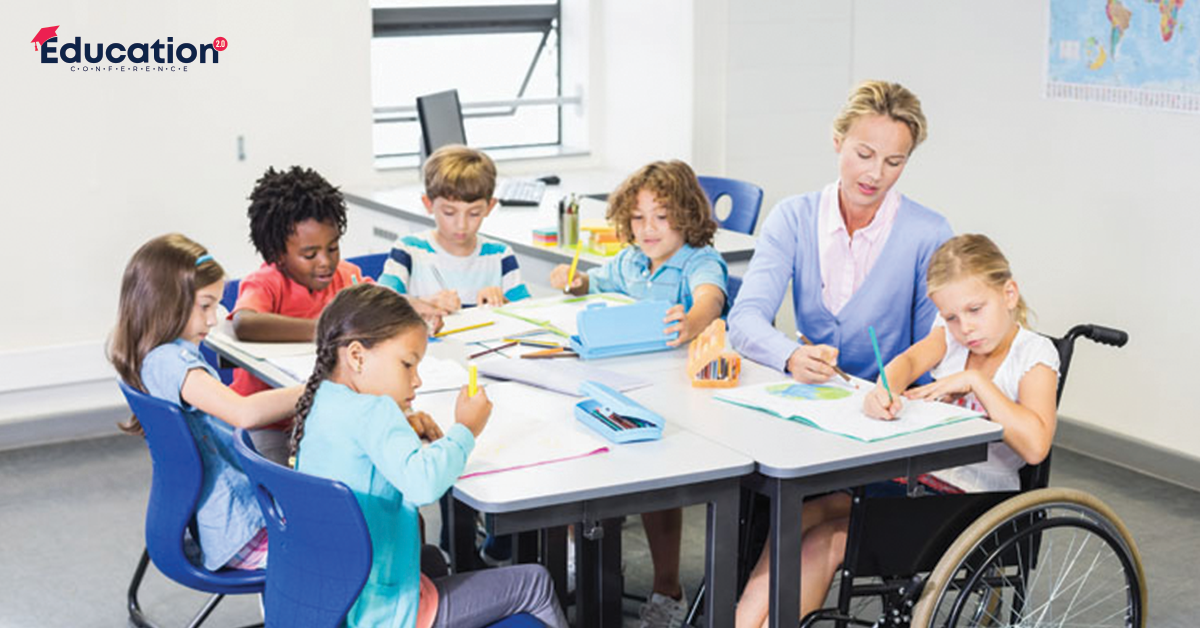
With the evolution of the education industry in the past couple of years, the concept of inclusive education is also on the rise. This approach has progressed towards the idea of educating all children under the same roof of a mainstream school while providing them with equal learning opportunities - regardless of their cultural & social backgrounds and the differences in abilities and capacities.
Education institutions and educators need to focus more on making all students, irrespective of their strengths and weaknesses, part of the school community while including differently-abled individuals among other students, teachers, and support staff. For instance, the Individuals with Disabilities Education Act (IDEA) and its 1997 amendments ensure that students with a disability are provided with appropriate public education that is tailored to their individual needs.
Scope of Inclusive Education
This approach is often discussed and is one of the most effective ways to promote an inclusive and tolerant society. Inclusion in education involves:
Improving schools while improvising learning techniques for educators as well as students.
Valuing all individuals in the school environment and acknowledging everybody’s right to quality education.
Highlighting the difference between students as a resource to support a wide range of learning, rather than as problems to be overcome.
Determining the role of schools in building a community and developing values, along with its contribution to increased achievements.
Challenges Related to Inclusive Education
Lack of awareness: One of the biggest challenges related to the inclusion of children with special needs is the lack of awareness among school authorities and educators.
Appropriate environment: In the early stages of this concept, there used to be a lack of resources and infrastructure. However, now, schools take into account the appropriate environment to make children with special needs feel welcome.
Lack of attention: Although many schools have taken measures to bring changes in the education curriculum and the system, however, the large classroom sizes do not allow for the individual development of children at their own pace.
Conclusion
It is no secret that inclusive education is a huge concept and its scope cannot be limited to just a number of content areas. There are numerous policies that have started to reduce the barriers to education for all and the introduction of a curriculum that promotes flexible, useful, and suitable learning for general and special children.
Explore more about the challenges and the scope of this approach at the Education 2.0 Conference. It is high time for educators to keep finding innovative ways of providing education to a wide range of students.

